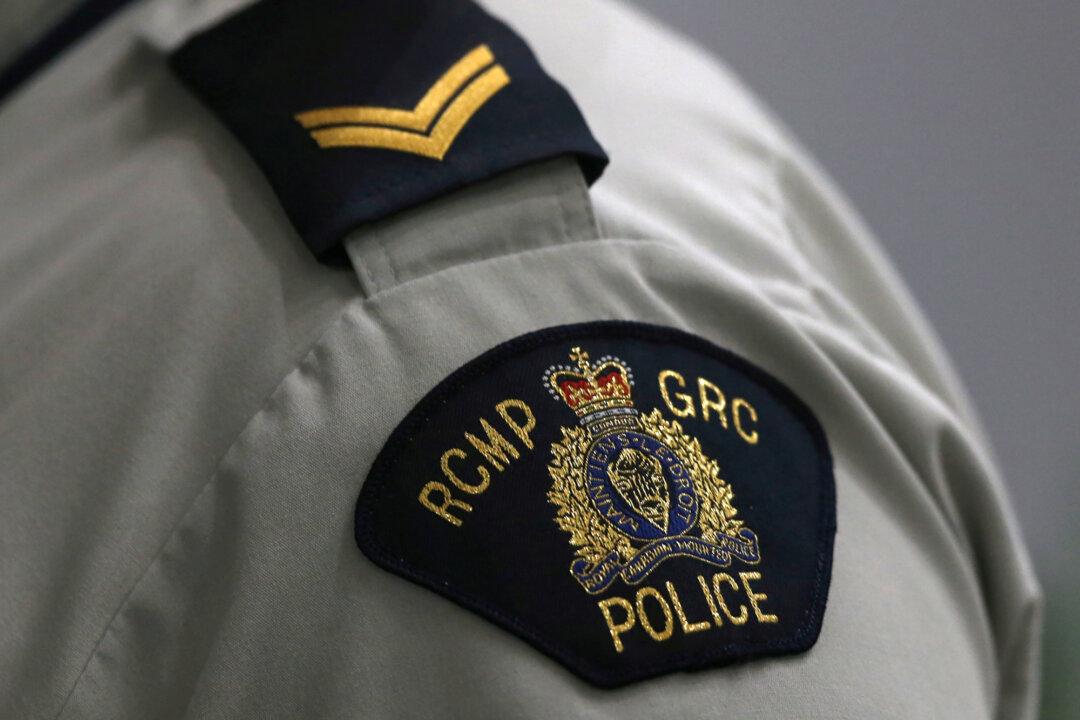The Royal Canadian Mounted Police (RCMP) announced they will be making home visitations to check compliance with the 14-day self-quarantine rule, imposing fines of $750,000 to $1 million Canadian dollars and three years in jail for violators.
Canada resorted to the far-reaching measures to curb the outbreak of COVID-19, which is caused by the CCP virus, commonly known as the novel coronavirus, in its declaration of a Quarantine Act on March 25, which demands all Canadians who have come from abroad must self-quarantine for two weeks upon arrival.





